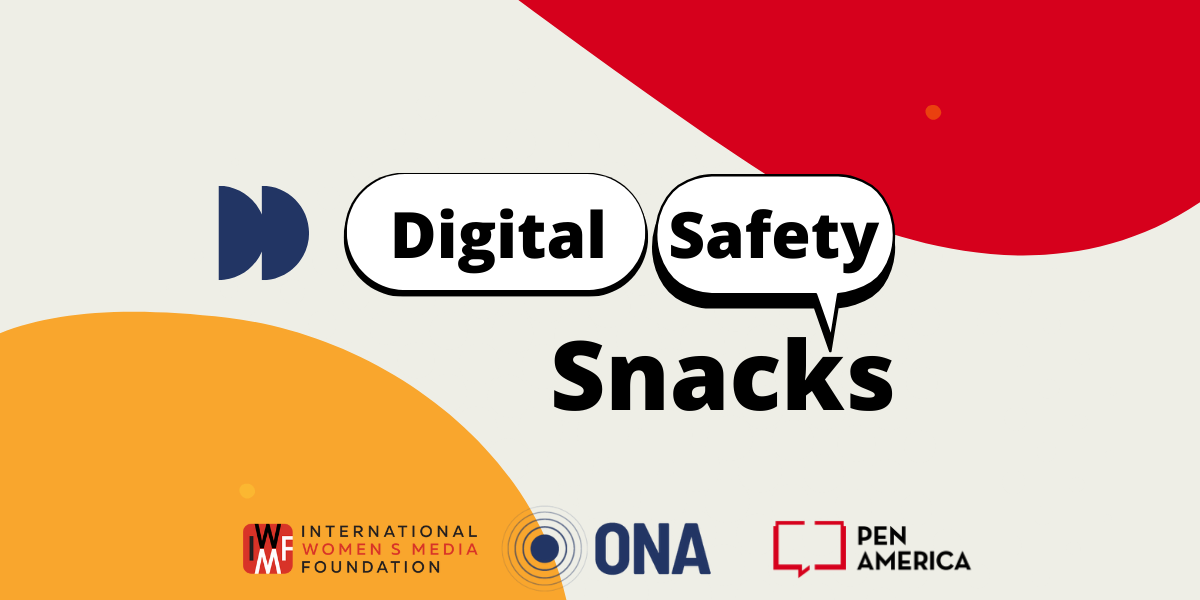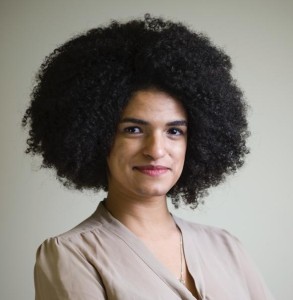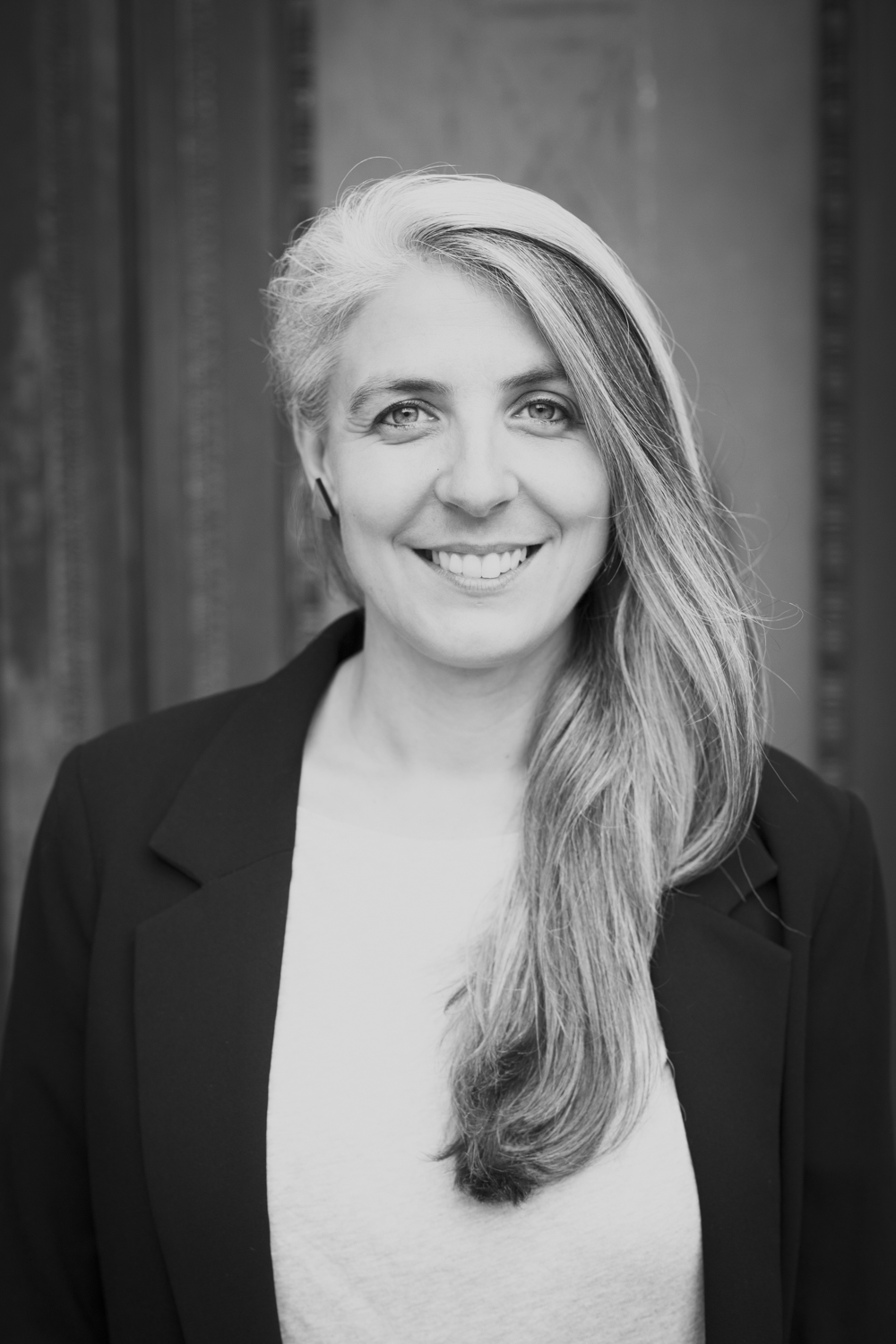Digital Safety Snacks Series
Published June 13, 2022

Journalists are increasingly expected to have an online presence and engage on social media, which puts them at risk of abuse. Reporters from marginalized backgrounds – including women, people of color, and LGBTQ+ people – are especially at risk. Abusive trolls join forces to send hateful messages, impersonate others, hack accounts and publish sensitive personal information (aka doxing). Their ultimate goal is to intimidate, discredit, and silence journalists and undermine press freedom. But there are concrete steps each of us can take to protect ourselves and fight back.
The Digital Safety Snacks Series empowers journalists to feel safer and more secure while maintaining the public profile needed to do their job. ONA, in partnership with IWMF and PEN America, has created a series of eight step-by-step videos to help journalists defend themselves against online abuse. The series explains how to protect the most sensitive accounts from hackers and how to “dox yourself” before someone else does.
DeDoxing Yourself
Doxing is the publishing of private personal information, like your home address or cell phone, without your consent. And it can be terrifying. In these episodes, we’ll help you protect yourself from doxing.
- Episode 1: deDox Yourself Part I (Wait, what info is available about me online?!)
- Episode 2: deDox Yourself Part II (Sorry, who’s selling my data for pennies?!)
Anti-Hackathon
Hacking is when someone breaks into your account or device to steal your data, impersonate you, or infect your account or device with viruses. In these episodes, we’ll help you protect yourself from hacking.
- Episode 3: Anti-Hackathon Part I (What’s a factor? And why are there 2?)
- Episode 4: Anti-Hackathon Part II (Nope, your birthday’s not a good password)
Secure Your Twitter and Facebook Accounts
“Free” Social media platforms make money by amassing and selling your data. By tightening your privacy and security settings, you can limit how much data you’re leaking without your consent – not just to companies, but to random strangers as well.
- Episode 5: Secure Your Twitter Account (Don’t leave it to fate)
- Episode 6: Secure Your Facebook Account (Oh no, people can see THAT post from high school?)
Don’t Forget Insta, LinkedIn, and Cell Phone Hygiene
When you’re cleaning up your online footprint, it’s easy to forget Instagram, LinkedIn – and your very own cell phone, even if you’re permanently attached to it. But, for many of us, those are our weakest links.
- Episode 7: Secure Your Insta & LinkedIn Accounts (Yep, those too)
- Episode 8: Cell Phone Hygiene (You going to call your mother with that phone?)




